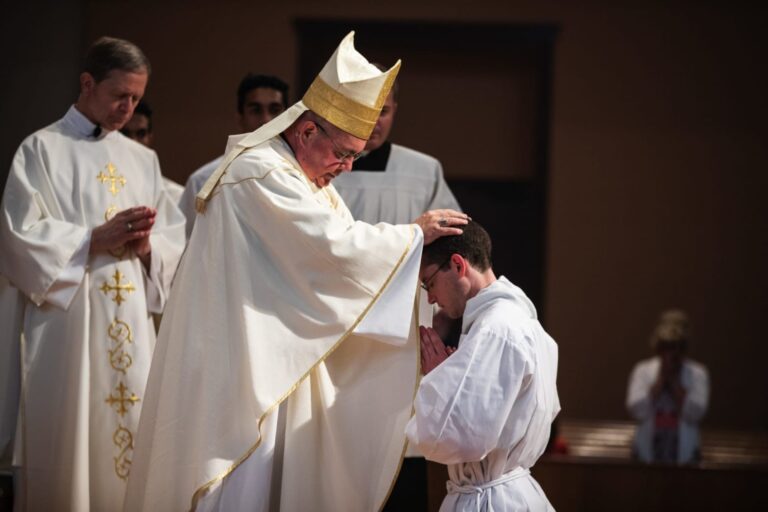🎧 Listen to This Article
The U.S. Supreme Court is set to review a pivotal case that could redefine the boundaries of religious tax exemptions in the United States. As the justices near the end of their 2024-25 term, their final series of oral arguments include three landmark religious rights cases, with one potentially reshaping the scope of religious tax breaks. This case centers around Wisconsin’s denial of a tax exemption to Catholic Charities, a nonprofit arm of the Roman Catholic Diocese of Superior. The charity seeks an exemption from the state’s unemployment tax, which is typically granted to churches and religious schools.
Catholic Charities argues that Wisconsin’s decision to reject its exemption violates constitutional religious protections. Specifically, the charity claims that Wisconsin is overstepping by deciding which religious groups qualify for exemptions based on the state’s narrow interpretation of “religious activities.” In contrast, the state argues that such exemptions should only apply to organizations whose primary activities are distinctly religious in nature, such as religious education or worship. The outcome of this case could alter how religious exemptions are applied to organizations involved in social services and charitable works, especially those affiliated with larger religious institutions.
The case stems from a 2016 application by Catholic Charities, which sought relief from the Wisconsin unemployment tax, arguing its charitable works align with religious purposes. However, the Wisconsin Supreme Court ruled that the charity’s operations, while motivated by faith, are primarily secular and do not involve religious activities such as proselytizing. As such, it denied the exemption.
The Supreme Court now faces the question of whether Wisconsin’s denial of the exemption violates the First Amendment’s protections on religious freedom. Catholic Charities contends that by denying the exemption based on its organizational structure, Wisconsin is violating the constitutional doctrine of church autonomy and discriminating against religious groups with more complex governance structures. It also argues that the state’s ruling conflicts with the Catholic Church’s religious principles and is an unlawful intrusion into religious matters.
The case has garnered widespread attention, with multiple “friend of the court” briefs filed in support of Catholic Charities, including one from the Trump administration. The brief emphasizes that the federal law governing unemployment taxes should focus on whether an organization operates for religious purposes, not whether its activities are considered “distinctly religious.”
Opponents warn that a ruling in favor of Catholic Charities could lead to broad tax exemptions for various religiously affiliated organizations, from hospitals to schools, potentially causing significant tax revenue losses. These concerns are echoed by local government associations, who fear that expanded religious exemptions could force governments to reconsider their policies and potentially eliminate such exemptions altogether.
As the justices prepare to weigh in, the case’s outcome could set a significant precedent for how religious exemptions are applied to nonprofit organizations, especially those providing social services, and whether the government has the authority to determine the level of religious activity required to qualify for such exemptions.
For further details, clarification, contributions, or any concerns regarding this article, please contact us at editorial@tax.news. We value your feedback and are committed to providing accurate and timely information. Please note that our privacy policy will handle all inquiries



